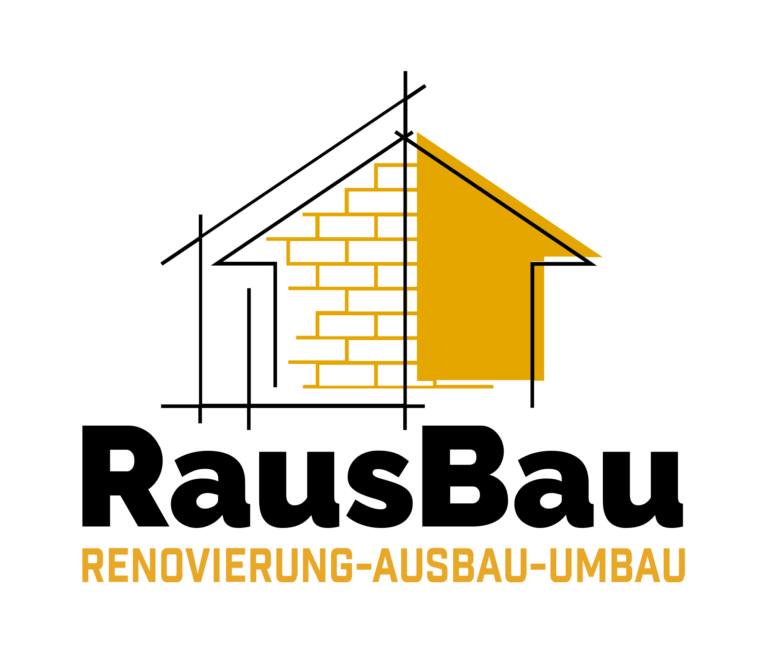-
Construction Phases in Private Projects
-
Commercial Construction Info
- Commercial and Industrial Properties: Construction at the Highest Level
- Planning and Preparation: Turning Your Idea into Reality
- Dismantling and Demolition – Preparation and Execution of Structural Deconstruction
- Shell Construction Works: Essential Structural and Installation Measures
- Electrical Installation and Building Services in Commercial and Industrial Construction
-
Bathroom Renovation and Refurbishment
-
Roof Renovation – Beyond Replacing Tiles
-
Refurbishment and Modernization of Industrial Facilities
-
Underfloor Heating Support Structures
-
Office and Medical Property Renovation
Electrical Installation and Building Services in Commercial and Industrial Construction
Overview of the Articles
- High-Level Construction Work
- Planning and Preparation
- Demolition and Dismantling
- Structural Work
- Electrical Installation and Building Services
- Interior Finishing
- Completion of Building Services
- Outdoor Facilities and Façade Work
- Final Construction Activities
- Occupancy and Handover
- Further Important Considerations
From Lighting, Heating, and Water to Networking, Security, and Fire Protection
Industrial & Commercial Building MEP Solutions – Electrical, HVAC, Plumbing, Networking & Fire Protection
In modern commercial and industrial construction, building services systems are a central element of project success. Unlike residential construction, the focus is not merely on comfort, but primarily on operational reliability, compliance with standards, energy efficiency, and future scalability. Technical systems must withstand continuous high loads, be easily expandable, and, in many cases, operate without interruption.
From electrical installations and heating, ventilation, and air conditioning (HVAC) to plumbing systems, network and security technology, and fire protection measures, each trade must be precisely planned, fully coordinated with other disciplines, and executed according to current regulations.
This overview—written from a construction manager’s perspective—provides a detailed look at the key trades, their requirements, and the critical interfaces within commercial and industrial environments.
Electrical Installation – The Backbone of an Industrial or Commercial Facility
In commercial and industrial buildings, electrical installations are significantly more complex than in residential projects. They involve megawatt-scale load distribution, redundant power supply systems, emergency power, integration with production equipment, control and automation systems, and IT and communications infrastructure.
Poorly planned or undersized electrical systems can lead to operational downtime and serious safety hazards.
Planning and Technical Specifications
- Preparation of a detailed electrical scope of work based on user requirements.
- Coordination with machinery and plant suppliers regarding connection capacities.
- Allowance for expansion to accommodate future production equipment.
- Redundant feeds and UPS (Uninterruptible Power Supply) systems.
Cable Routing and Containment Systems
- Installation via cable tray systems, vertical risers, and industrial trunking.
- Separation of power and data cabling in accordance with DIN VDE 0100.
- Use of halogen-free cables in sensitive environments (e.g., data centers).
- Mechanical protection in high-traffic zones (e.g., forklift areas).
Distribution Systems
- Main low-voltage switchgear (LVSG) with adequate breaking capacity.
- Sub-distribution panels for each tenant unit or production zone.
- Integration of energy management systems.
- Metering concepts in compliance with EEG and energy efficiency regulations.
Lighting Systems
- High-output industrial LED high-bay luminaires.
- Daylight and occupancy controls for energy savings.
- Emergency lighting in accordance with ASR A3.4/3.
- Glare-free lighting for display screen equipment (DIN EN 12464).
Data and Telecommunications Systems
- Structured cabling to DIN EN 50173 standards.
- Fiber optic connections to floor distributors.
- PoE (Power over Ethernet) supply for IP phones and cameras.
- Redundant router and switch configurations.
Heating, Ventilation, and Air Conditioning (HVAC) – Climate and Thermal Management for Industry
Industrial and commercial facilities often have large internal volumes, high internal heat gains, and diverse usage profiles. HVAC systems must therefore ensure both energy efficiency and robust operational reliability. Systems should be tailored to shift patterns, designed for ease of maintenance, and documented in compliance with applicable standards.
Heating Systems
- Low-temperature underfloor heating in office and administration areas.
- Hall heating systems (radiant tube heaters, warm air units) for production areas.
- Connection to district heating or integration of combined heat and power (CHP) units.
- Control via building management systems (BMS).
Air Conditioning
- Split, multi-split, or VRF systems for offices and server rooms.
- Central AHUs (air handling units) with zoning for different production areas.
- Chilled water systems for machine cooling.
- Adiabatic cooling for energy savings.
Ventilation
- Mechanical supply and extract ventilation with heat recovery (HR).
- Process air systems with filtration technology.
- Extraction of welding fumes, dust, or process heat.
- Supply air systems with temperature and humidity control.
Plumbing Installation – Industrial-Grade Supply and Wastewater Systems
Industrial plumbing systems extend far beyond typical potable water and drainage. Frequently, process water lines, compressed air systems, cooling water loops, or chemical-resistant piping are required. Design and execution must meet both hygiene standards and specific operational requirements.
Potable and Process Water Supply
- Stainless steel or plastic piping systems (PE-Xa, PP-R).
- Booster pump sets for high-demand applications.
- Central domestic hot water generation with circulation loops.
- Water treatment systems (desalination, filtration).
Wastewater and Special Media Disposal
- Grease separators in catering areas.
- Neutralization systems for laboratory effluent.
- Acid- and alkali-resistant pipe systems.
- Backflow prevention for low-lying building areas.
Gas Installations
- Natural gas or LPG systems to DVGW standards.
- Pressure regulation and monitoring equipment.
- Safety devices such as thermal shut-off valves.
Networking and Security – Digital Infrastructure as a Production Asset
In industry, IT and networking are critical not only for office functions but also for production control, quality assurance, and logistics. A stable and resilient network is therefore a decisive success factor.
Data Networks
- Fiber optic backbone with redundancy.
- Managed switches with VLAN architecture.
- WLAN site surveys for complete coverage.
- Industry 4.0 machine integration.
Security Systems
- Access control systems with audit trails.
- 4K video surveillance with long-term storage.
- Integration into the BMS and building network.
- Alarm systems with remote monitoring.
Fire Protection – Regulatory Requirement and Operational Necessity
In commercial and industrial construction, fire protection is non-negotiable. In addition to statutory obligations, insurance requirements, operational processes, and personnel safety must be considered. Fire protection is always a coordinated approach combining structural, technical, and organizational measures.
Fire Detection Systems
- Full-coverage fire detection systems to DIN 14675.
- Aspirating smoke detection (ASD) for sensitive environments.
- Direct connection to fire brigade and monitoring centers.
Extinguishing Systems
- Sprinkler systems (wet, dry, pre-action).
- Gas extinguishing systems for server rooms and control panels.
- Wall hydrants and portable extinguishers.
Escape and Rescue Routes
- Emergency lighting with central battery systems.
- Escape route signage to ASR A1.3.
Door holding systems with smoke detector controls.
Sustainability and Energy Efficiency – A Key Business Factor in Industry
In industrial environments, energy efficiency is not just an environmental consideration but a critical economic factor. Energy savings directly reduce operating costs and improve competitiveness.
- LED lighting with presence and daylight controls.
- Heat recovery from process waste heat.
- Photovoltaic systems for on-site power generation.
Energy storage integration for peak load management.
RausBau GmbH – Your Partner for Complex Industrial Projects
Based in Munich, RausBau GmbH has been successfully delivering commercial and industrial projects for many years. From planning and coordination to commissioning, we support investors, architects, and specialist planners with reliability and precision.
- Coordination of all technical trades.
- Extensive experience with complex industrial facilities.
- On-time delivery, even during ongoing operations.
Full compliance with all standards and regulations.
Conclusion
Electrical and building services in commercial and industrial construction demand precise planning, interdisciplinary coordination, and professional execution. Every component—from power supply and HVAC to plumbing, IT, security, and fire protection—contributes to smooth operations. Cutting corners or neglecting proper planning risks downtime and costly consequences.
With an experienced partner like RausBau GmbH, you can rely on quality, safety, and long-term sustainability.
Plan your industrial or commercial project with professionals:
RausBau GmbH
📍Rathausplatz 2, 85748 Garching b. München
🌐 www.rausbau.com
📧 info@rausbau.com
📞 +49 89 99858903
- building automation for industry
- commercial building MEP
- commercial HVAC installation
- factory electrical distribution
- industrial building electrical installation
- industrial climate control
- industrial fire protection systems
- industrial HVAC systems
- industrial LED lighting
- industrial networking solutions
- industrial plumbing systems
- industrial safety systems
- industrial ventilation systems
- process water installation
- RausBau GmbH

